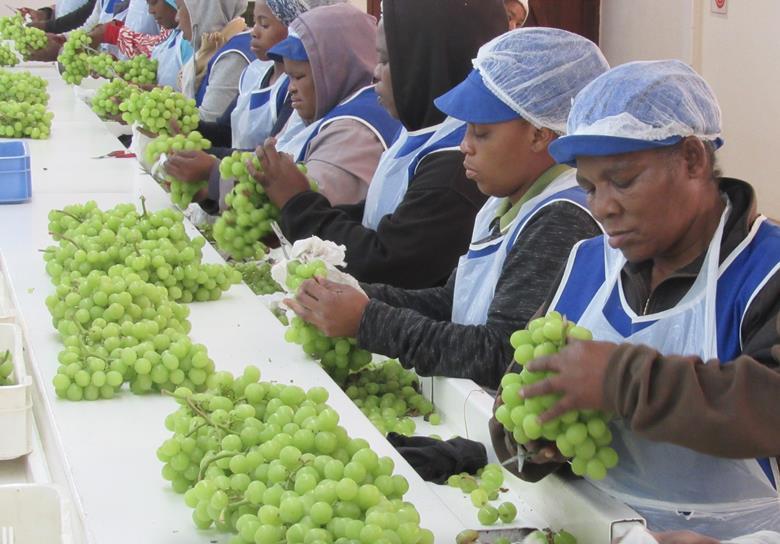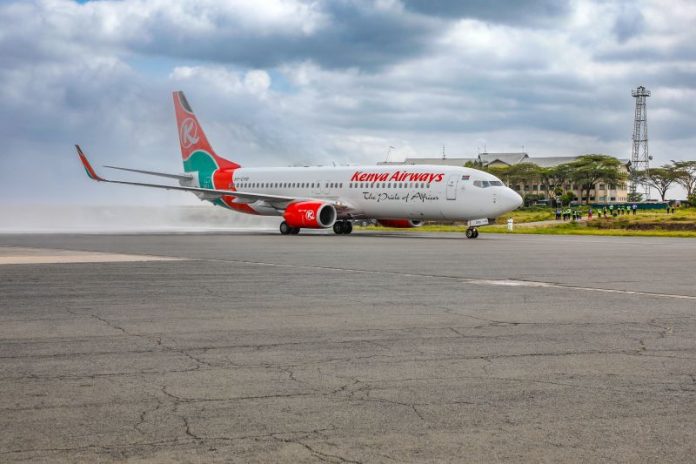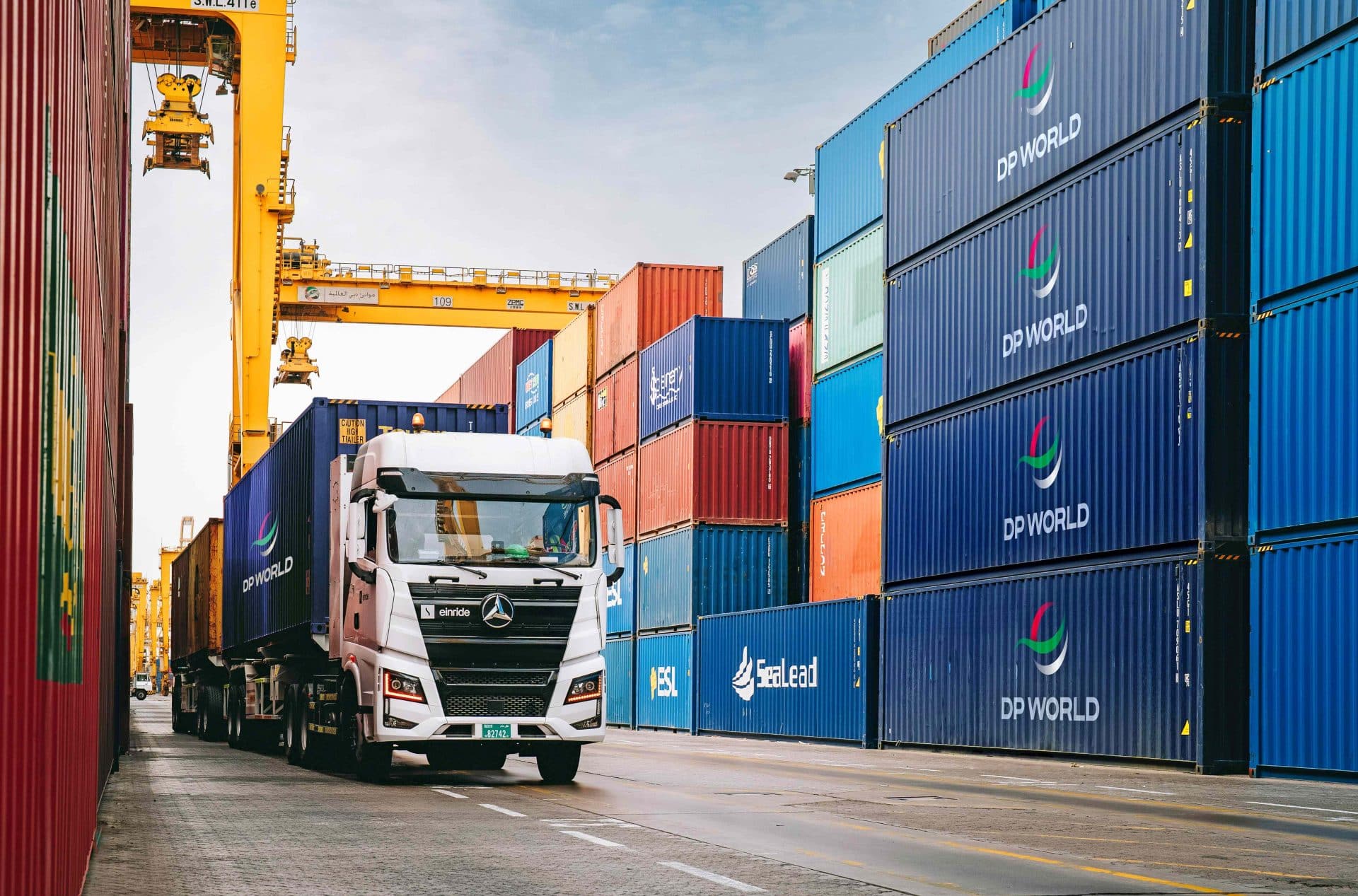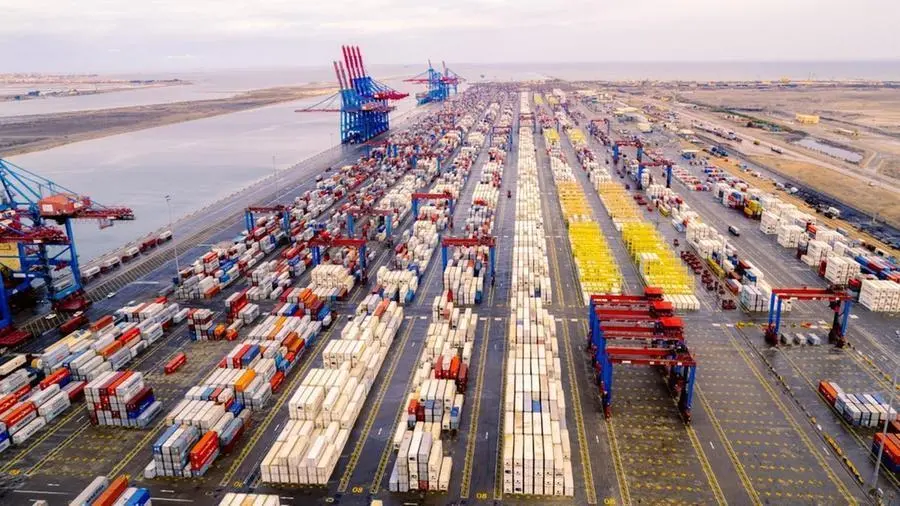Logistic Other

African bloc plans shipping line to retain $3bln in freight fees

Nineteen African nations are pursuing a joint shipping line to retain billions in freight costs currently paid to foreign carriers. This initiative, driven by the Maritime Organisation for Eastern, Southern and Northern Africa (Moesna), aims to cushion economies from global supply disruptions and reduce over twenty distinct destination charges.
The regional project is part of a broader continental strategy, which includes developing a cabotage law. Such a law would facilitate local vessel ownership and the redistribution of cargo from large ports by regional ships, thereby eliminating numerous fees imposed by foreign companies.
According to Moesna Secretary-General Kassim Mpaata, the continent suffers from weak intra-regional maritime connectivity despite handling nearly 90% of its trade by sea. He stated that a joint shipping line would enhance competitive trade management and reduce dependency on foreign vessels, ultimately lowering the cost of goods.
A critical component for success is a regional cargo protocol. Mpaata emphasized that without a common framework to encourage investment in vessels and collaboration among indigenous lines, countries will continue operating in isolation. This protocol would set rules for vessel movement and support local maritime growth.
National efforts in East Africa highlight the challenges. Both Kenya and Tanzania have recently established shipping lines but are struggling to gain traction because they lack their own vessels. Tanzania has faced difficulties selling its disused ships, while Kenya has had to partner with a foreign corporation to manage key port operations.
Kenyan Principal Secretary Aden Millah noted that heavy reliance on foreign lines constrains regional trade and exposes economies to volatile freight pricing. He argued that a regional shipping line would stabilize costs and support the growth of local maritime sectors.
The benefits of such an initiative are quantified in ports like Mombasa. Officials estimate that invoking cabotage laws could save importers up to $8 million annually in various charges currently paid to foreign firms, while also generating significant new revenue.
Ultimately, the proposed shipping line aligns with the African Maritime Charter, seeking to boost the continent's role in the global blue economy. Member states anticipate it will improve supply chain resilience, enhance economic integration, and equip a skilled maritime workforce through collaborative regional training.












